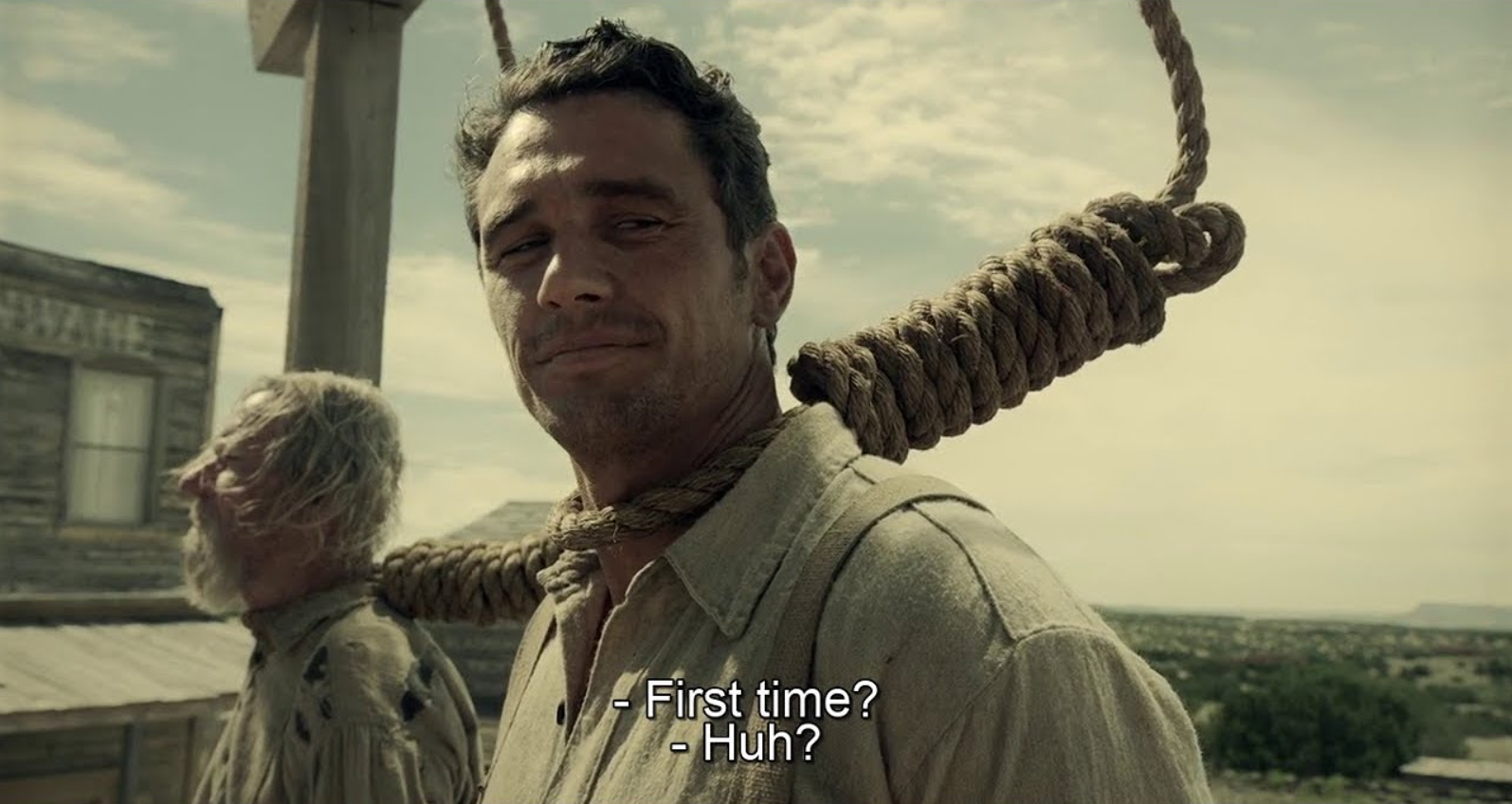Legacy Content Warning
This section of our website is no longer maintained and may not be accurate or reflect our current ideology. Please report any content you believe to be inaccurate to [email protected].
Blog
Confessions of a Domain Name Hoarder: A Web Hosting Guide
Do you keep on buying domain names from your web hosting provider and now you have no idea what to do with them? Fret not, MJWebs is here to the rescue.
Florence Alcantara
Sep 14, 2020
There are lots of reasons why one would like to buy multiple domain names for business. But, what if you don’t need them anymore? Read on for solutions to excess domain names.

Entrepreneurs understand that taking risks is a part of the whole business process, and it is great when they think ahead. So, what does entrepreneurial planning have to do with domain names and web hosting? You came here for some web dev tea, and you are getting it, Sis or Bro-- we don't discriminate (wink).
If you want to start a business nowadays, a website is almost a requirement. There isn't any written rule that you should have it, but if you want to get ahead--- you need it. Why? Because people get information from the internet, and what does the internet have? Yes, exactly, websites.
If you want your target audience to find and trust you, GET A WEBSITE. But before you get a website, you need a web hosting service provider and-- you've guessed it-- a domain name. The thing is that domain names are limited in a sense. If someone has already bought the domain name you want, then you need to think of something else. Sometimes, people think way ahead and start buying domain names as they go. But, sometimes they end up not using the domain names that they hoarded.
But first things first, do you know what a domain name is in the first place?
What on Earth is a Domain Name?
Oh, honey, sweetie, baby-- you don't know what a domain name is?

We got you. But if you're already a web developer boss man, you can skip to the next sections.
Simply put, a domain name is the equivalent of a physical address-- but, you know, virtual. It serves as the virtual address of your website. People type it into the browser address bar to get to a certain web page.
For instance, the domain name for MJWebs (that's us) is https://www.mjwebs.io/, so typing that on your browser address bar brings you to our website's humble home. You can give it a try, web dev and chill (wink)? Yeah no, that was obviously a joke, there is no chill in web development, dear friends. So let the experts handle that side of things.
What?! A Domain Name is Not THE Website?
Your domain name is NOT the website. These are two separate things. "But that's what people put on business cards!" yes, that's because it's easier to understand that way. That's the purpose of domain names anyways: to make it easier for us mortals to read and understand the website address. Imagine having to type the actual IP address.
Oh no, a new term! What is an IP address? An IP address is a numerical label assigned to devices connected to a network that uses the Internet Protocol to communicate. So yeah, it's a series of numbers. Imagine having to type that to go to a website.
Although the domain name is connected to a website, they are not the same thing. You can think of it this way-- your domain name is your mobile number, while your website is your cell phone. You can upgrade or change your cell phone anytime and still have the same mobile number, the same way that you can change your website and still have the same domain name.
You can connect or disconnect your domain name from one website to another. However, keep in mind that you can only connect your domain name to one single website at a time.
Web Hosting Services: Free and Paid Domain Names
Website builders like WordPress and Wix offer free domain names if you use their services. However, these free domains are just "sub-domains". This means that you don't own that domain, the website builder does. So, if you decide to switch service providers, you need to give your subdomain up.
Working with subdomains is fine if you only need it for a personal project, but not when you're trying to build a brand. You OWN the domain name if you pay for it. You can take it anywhere. You can transfer from one website builder to another and still use the same domain name.
But sometimes, people can get carried away with investing in domain names-- so they have, like, 20 domain names. Can't say that they're in the wrong since buying good domain names is a race sometimes.
How Many Domain Names You Actually Need
Okay, so you've thought of the perfect domain name for your business, and you see that it's available-- along with ten other similar variations. Do you need to buy all of these variations? It makes sense that you'd want to do that. After all, this will help improve your online identity and it also protects you from your rivals.
For instance, the difference between your original domain name idea may just be the ".com" and ".co" at the end. That's just one letter, but imagine if a rival company bought this domain, which leads your target audience to what they think is YOUR website. Your potential client will end up proceeding with the products or services your competition offers instead of yours. Even worse, your potential client (or even an existing client) thinks that "hey, this isn't so bad-- maybe I keep on buying from them".
To be quite honest, there isn't any limit to how many domains you can and should buy. Especially when you are trying to protect your original domain name from the hands of your competitors.
Reasons for Buying Multiple Domain Names
Sometimes, you really can't blame people for hoarding domain names from their web hosting service providers, here are some reasons why:
You want to capture users who misspell your domain name.
As mentioned previously, one wrong letter can send your potential client to a competitor or to an error page. So if you have done everything right from the fundamentals of web design to the linkable SEO optimised content, one letter can ruin it all for you.
To make sure that you capture people who misspelled your domain name, it makes sense for you to consider buying some variations of your original domain name.
You want to launch a creative campaign.
Creative campaigns can drive traffic and boost your online presence. You can further improve your online visibility by utilising domain names that support your creative campaign.
For example, MJWebs is a digital solutions company that offers web hosting and design services (among other things), then the company decides to launch a campaign for app development related to lifestyle and health. So instead of using https://www.mjwebs.io/lifestyle-and-apps, MJWebs can buy a domain name for https://www.mjwebs.life/, that way it's shorter to type and easier to remember.
You want to gain an advantage against local competition.
How do you gain an advantage against competitor websites locally? Simple, you register country code top-level domains (ccTLDs) with your domain name of choice. For example, if you are from Australia, you should buy a variation of your domain name with .au at the end. These ccTLDs can help you improve your web page's search engine performance locally.
What to Do with Your Excess Domain Names
There is no shame in having plenty of excess domain names at your disposal. Maybe you genuinely believed that you would pursue a specific business or industry, maybe you had a clever strategy in mind at that time but ended up not pushing through, or maybe you used them before but you don't need them anymore. Whatever your reason is for having some excess domain name, here are some things that you can do:
You can "park" your excess domain names for pay-per-click revenue.
What does it mean to have a "parked" domain? A parked domain is not attached to any web hosting services. There are companies that offer "parking" services for domain names. Most of these companies let you sign up for free.
By "parking" your domain name to an existing hosting account, users can still reach your website and see your content when they enter the parked domain in their address bar. There are ways for you to gain profit through PPC or even increase your chance of selling your domain name by "parking" it. Just make sure to add a banner somewhere that says that it's for sale.
You can create a landing page using the domain name.
You can make it to create a landing page that clearly states that this domain name is for sale. However, keep in mind that if you opt for this option, you need to continue paying the web hosting provider for their services.
You can redirect to a related website.
Selling the domain name is not your only option. However, this option isn't for everybody, it will only work for you if you are rebranding your company.
Maybe you had a total brand makeover so you think you don't need your old domain name anymore. However, you can still use it to your advantage. Your existing customers will be confused if they find your previous domain name inactive. "But I announced it on social media platforms", okay-- but what if they didn't see the post? What if they're not active on the platform you use?
So instead of leaving your existing, loyal customers confused-- you can redirect your old domain name to your new website.
Conclusion
So that's the tea. Okay, it's not scorching hot tea. But it is a soothing cup of warm tea that will comfort you while you contemplate your choices in life-- specifically in relation to your domain name hoarding problem. It doesn't have to be a problem. You can either get rid of it and profit, or you can keep using it to your advantage. It's not really a problem if there's a solution (wink). But seriously though, only buy domain names that will contribute to achieving your goals.
Web Hosting
Our advice and guides on web hosting and how to make the most of your provider.
WordPress Web Hosting: Important Facts Web Hosting Providers Don't Tell You
Web Hosting Walkthrough: Switching to a New Web Host
WordPress Web Hosting Term Guide for Beginners
Understanding Managed Web Hosting
WordPress Web Hosting, Design and Development Price Guide
Beginner's Guide to Web Hosting for WordPress
Reasons to Switch to Cloud Web Hosting